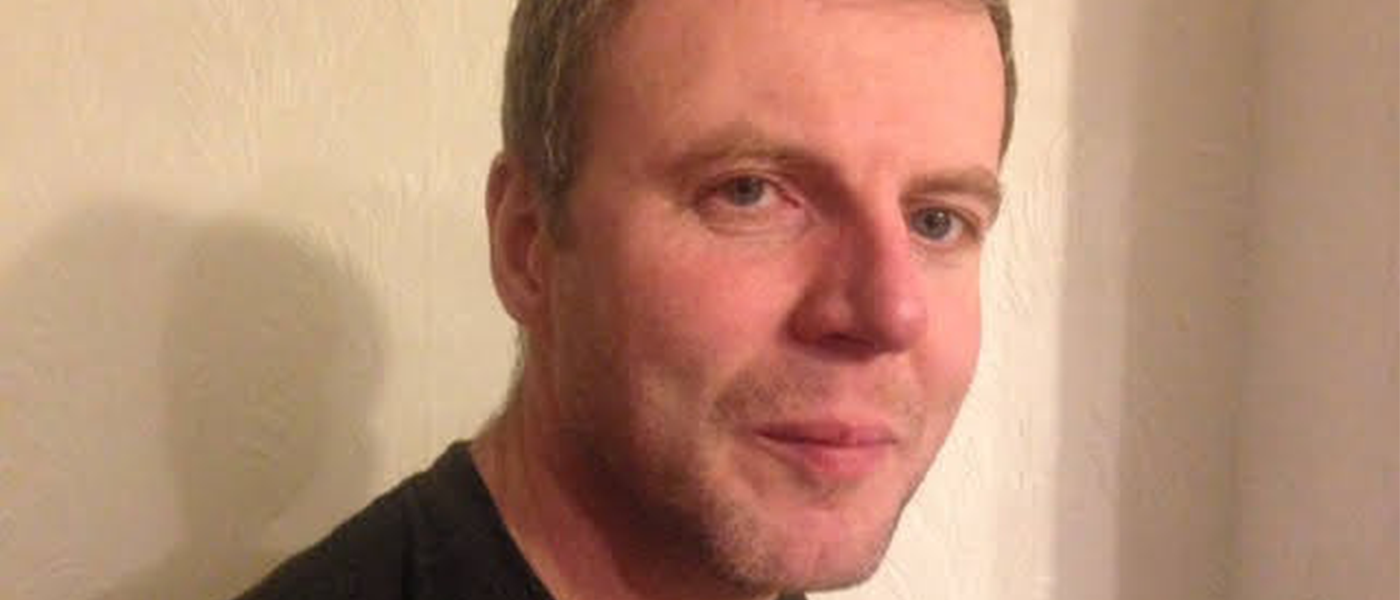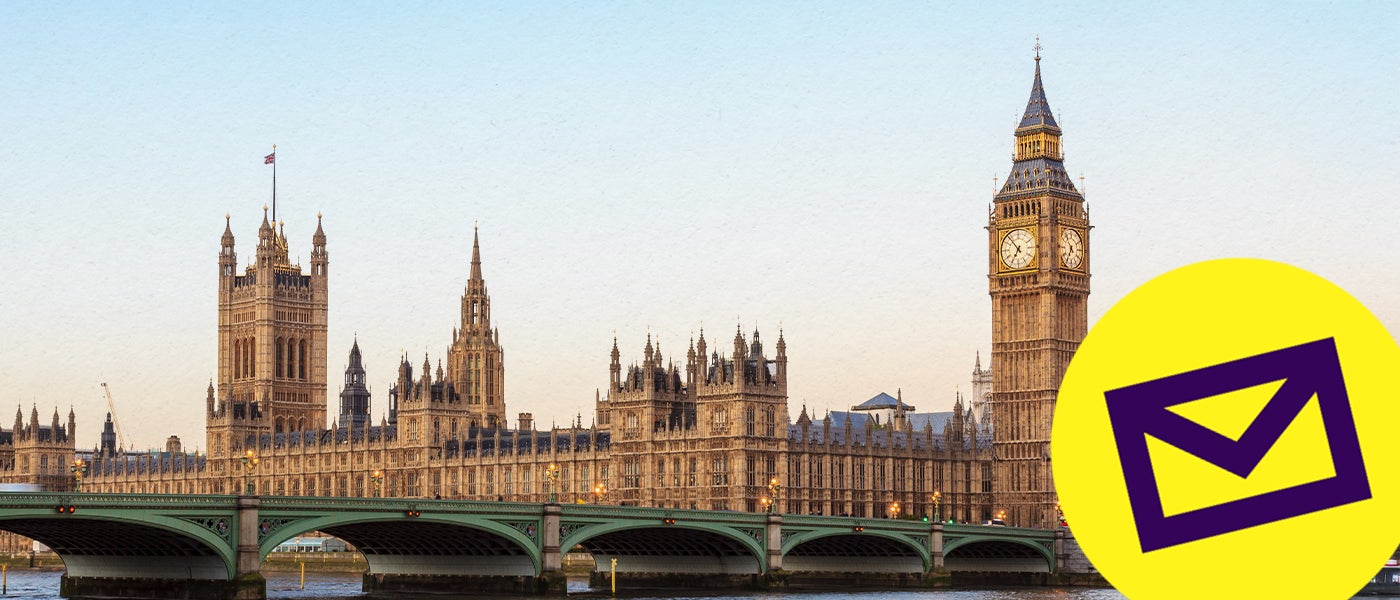- Home
- News and stories
- Attitudes towards disability in the 80s made my life hell, but things are changing
Attitudes towards disability in the 80s made my life hell, but things are changing
 25 May 2022
25 May 2022
Darren reflects on the attitudes he faced growing up as a disabled person in the 1980s, and how things have changed.
I’m Darren, I have hemiplegia Cerebral Palsy on my left side due to a severe head injury soon after birth.
After graduating from university, I worked in the disability sector for over 25 years. I’ve worked for several disability rights organisations and charities, and as both a paid employee and volunteer for Scope.
"The attitude towards disability in the 80s was one of pity"
Despite a positive shift in the disability rights movement, the 1980s were not a good decade to grow up in if you were disabled. Over the course of my life, I’ve put much of the blame on how I was treated at the foot of the BBC’s flagship children’s program Blue Peter.
To give you some background, 1981 was the United Nations International Year of Disabled Persons, designed to promote disability right across the globe. To celebrate the event, BBC’s Blue Peter decided to use its yearly fundraising campaign to raise money for the charity then known as ‘The Spastic Society’. To highlight the work of the charity, Blue Peter made a film about a man with cerebral palsy who lived a semi-independent life. The man was called Joey Deacon (1920 to 1981). Unfortunately, the film had the opposite effect than intended because following its broadcast, children throughout the UK were calling each other “Spastic", “Joey” and “Spaz”.
To put it bluntly, my life at school was hell. I was the only disabled child at both my primary school and secondary school. Except for about four or five friends, I was bullied by a lot of people in my year.
So those were my names at school. Forget being called Darren, my names were "Joey" or "Spastic". This continued until I left school and even then, I was still called it every so often. Looking back at it now, I see that because of the way disability was portrayed on screen, those I went to school with didn’t have any positive images of disabled people to look up to. Many argue that children today still don’t.
The attitude towards disability in the 80s was very much one of pity, and being portrayed as needing others help to achieve anything. This was reinforced by television telethons which showed the negative side of disability, never the positive side. The portrayal of disability in such programmes and people’s negative attitude made me more determined to prove those I went to school with, wrong.
Going to university and getting a full-time job were very important goals for me, both of which I achieved. After graduating from university, I started working for Scope and even after that job finished, I’ve carried on doing voluntary work. As my degree is in policy formulation, I’ve worked with Scope on developing policy.
"People can change their attitudes"
All the way through the 90s I tried to forget school ever existed. I lost touch with all but two people I went to school with. I kept away from the areas, so I didn’t run into anyone I went to school with. Then at the turn of the millennium everything changed, and I saw how people’s attitudes had changed. I signed up to Friends Reunited. Only a couple of days later I received an email from a person I went to school with who bullied me every day. It was an apology. That took my breath away as it was the last thing I expected.
In 2008 I joined Facebook, and within two weeks I had over 50 friend requests from people I went to school with, most of whom bullied me. This might sound odd, but I accepted them all. Many apologised for the way they treated me.
The reason I accepted the friend requests? It’s been over thirty years since I left school. I’ve seen how people’s attitude towards disability has changed, I wasn’t expecting any apologies from anyone I went to school with. The apologies show me how people can change their attitude as they grow older and how they can become more accepting. It changed my attitude as well. I went from someone who wanted to forget these people, to someone who chats with them on a regular basis.
School reunions brought me face-to-face with my bullies. What happened? We sat down had a beer and good old chinwag about life. Even now, there are people I went to school with who made my life hell, but I'd be happy to run into them again and buy them a pint just to show I don't hold a grudge.
Attitudes towards disabled people that I grew up with in the 1980s have not completely gone away, and I doubt they ever will, but things have changed. Disability is now portrayed in a more positive way on screen, with programmes such as Sex Education, Atypical and Call the Midwife and films such as Coda, Shazam and Mad Max: Fury Road which give people more positive portrayal of disability.
Buildings and transport are now more accessible, allowing disabled people more opportunities to go to places such as cinemas, theatres, and restaurants that were inaccessible back then. There’s still a lot of work to do but for me, being disabled today is a lot better than it was in the 1980s.
 25 May 2022
25 May 2022








